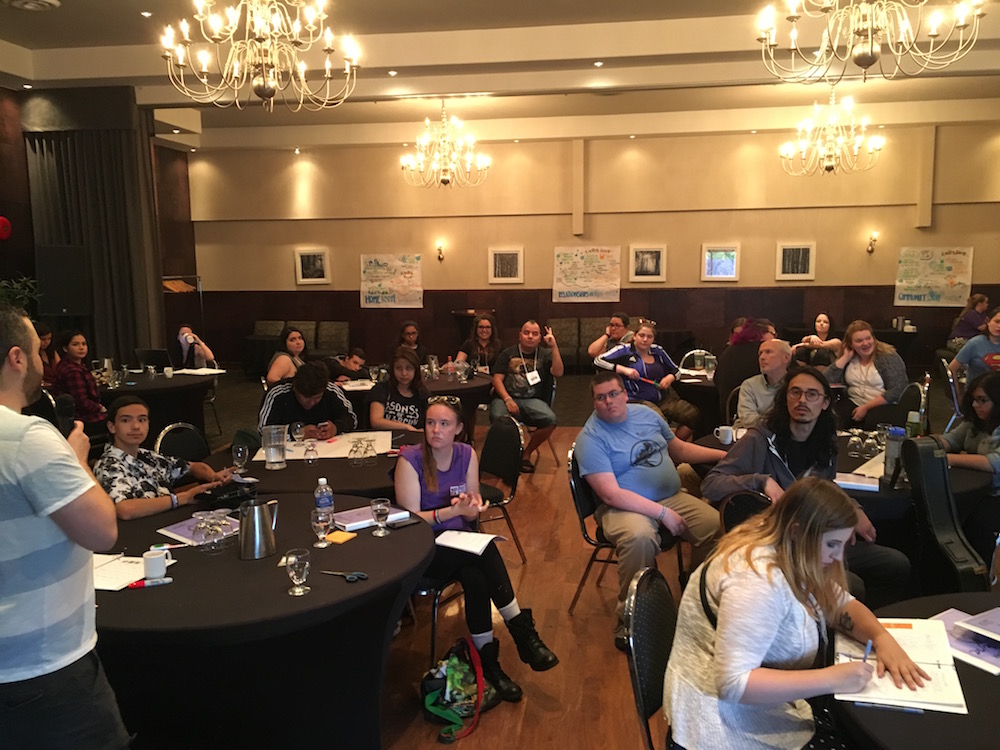I’ve been reflecting on the UK referendum results obsessively for the past couple of days. While most of my friends and colleagues voted to remain, I can also understand a little the desire to “leave.” What I find awful is the manner in which the Leave campaign used racism and xenophobia to generate support for its position. As a result we can’t really be sure what the actual decision was as the debate was caught in irrelevant issues and there seems to be a great deal of regret over it. What I love is internationalism. What I think needs to …
Sometimes people see that I’m a dialogue practitioner and the assume that I am not a fan of quantitative measurement. I think this has to do with the fact that the dialogue practitioner community has been a kind of antithesis to the “measure and manage” world of empirical scientific management. In any endeavour both qualitative and quantitative measurements are important. The issue isn’t whether or not numbers are to be more trusted than meaning making; the issue is whether we are measuring thing properly. The issue is whether or not we use measurements as targets or gauges. Again, this is …

This morning, I’m reading this article. It’s a review of two books charting the changes in fishing practices in the north eastern Pacific over the last century. I’ve been witness to some of these changes, directly involved as I’ve watch abundant fish stocks in British Columbia become concentrated in the hands of a few corporate owners, with most of the economic activity associated with those fish moving off shore. Fishing communities in British Columbia are a mere shadow of their former selves, our coastal waterways (and wild salmon migration routes) are dotted with farms that grow invasive Atlantic salmon using …

Continuing on from my post yesterday, I find that Henry Mintzberg has been up to his good, outraged trickster self, and has published a redux of what is wrong with Public Management as a whole: There is no one best way to manage everything. These practices have done their share of damage to many government departments, and beyond. Many corporations and NGOs have also suffered from what can reduce to a contemporary form of bureaucracy that discourages innovation, damages cultures, and disengages employees. In essence, the New Public Management seeks to (a) isolate public services, so that (b) each can …

Evaluation is such an influential constraint in organizational and community life. When resources and attention are tied to evaluation results, a kind of tautology gets set up. One begins managing projects towards the evaluation outcomes, in order to give the best chance of an initiative surviving and continuing to attract resources. One of the things I appreciate about developmental evaluation is its deliberate engagement with emergence. Making sense of emergence however can be a really time consuming affair, and so I’m thinking about how we can use good use of time to use dialogue and collective meaning making to help …
1 2

